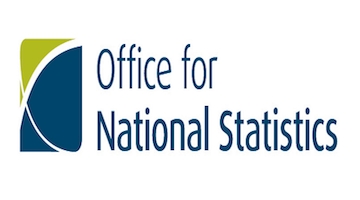ONS data released today showed a slowing of improvement to mortality rates – a development which could push back the increase of state retirement age, according to Royal London.
The report showed the trend of ever-improving mortality rates had stagnated in the last decade.
It read: “The analysis used a smoothed time series and made no prior assumptions about the timing of the change.
“This provides independent evidence that there has been a significant reduction in mortality improvements compared with the durable, long-term mortality declines observed in the decades preceding 2010.
“The findings were common to males and females and to those aged under 75 years and aged 75 years and over alike, suggesting that this change – whatever its cause – is not restricted to certain demographic groups but is more widespread.”
The slowdown could mean the increase in state pension age to 68 could be postponed, Royal London has suggested.
Helen Morrissey, personal finance specialist at Royal London said: “These figures add further fuel to the idea that the increases in longevity we have seen for so many years are beginning to slow down and if this trend continues there will be major implications for policy around state pension age for instance.
“We have seen steep increases in state pension age in recent years and only last year the Government accepted the results of a review which suggested bringing forward state pension age to 68 by 2039 – seven years earlier than currently legislated for.
“If the trends suggested by these figures continue, the Government could find itself having to push back a previously announced increase in state pension age.”
ONS statistician Ben Humberstone said: “For the majority of the 20th century, mortality rates dropped significantly but this trend has now changed and improvements have slowed.
“This is true of both old and young, men and women.
“Since the beginning of this decade there has been little or no improvement in mortality rates or life expectancy compared with previous decades.
“Our latest figures published today show this slowing trend continuing into 2018.”

